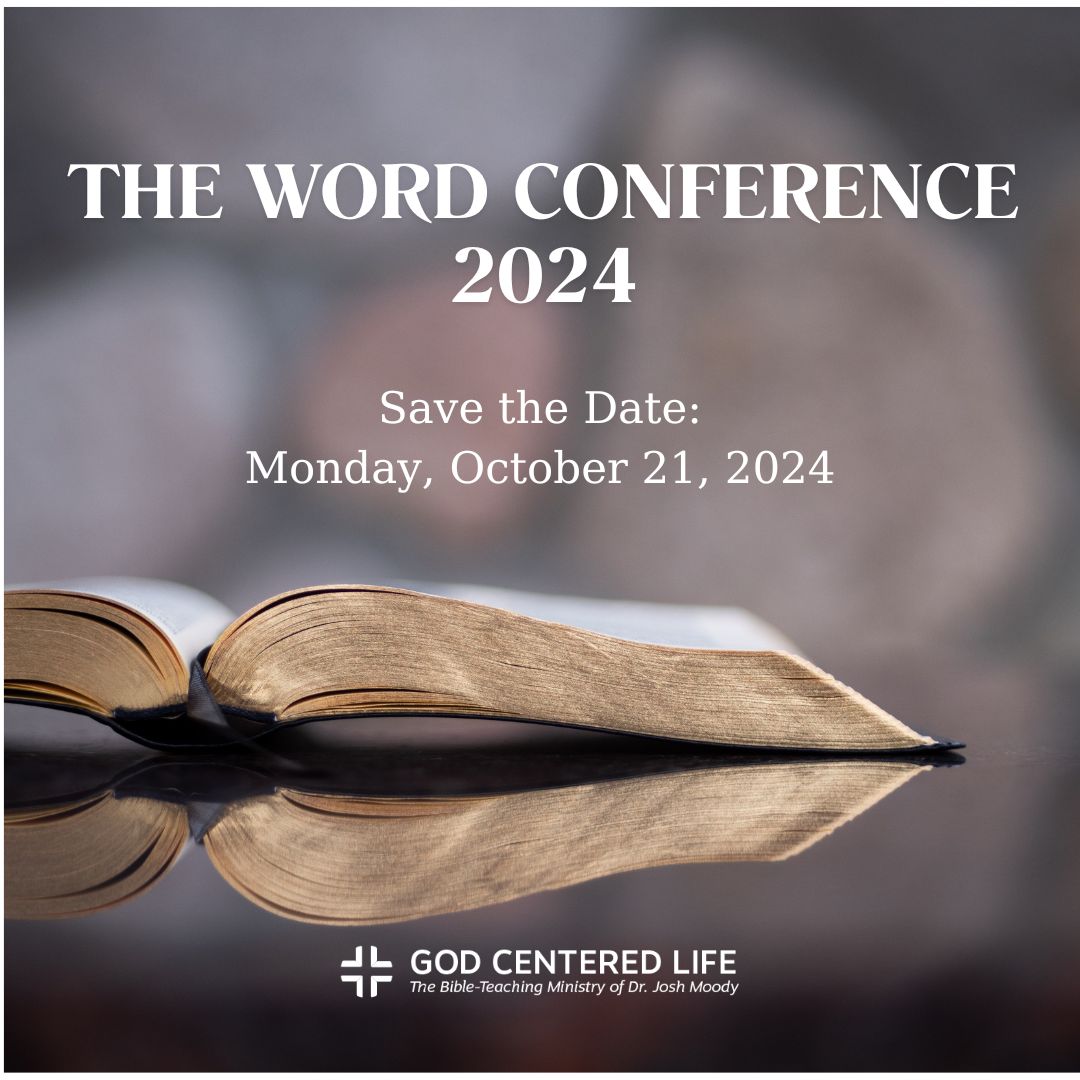July 3, 2018: Joy
July 3, 2018
TODAY'S BIBLE READING:
Today’s Bible Reading: 1 Chronicles 5-6, Psalm 126, Luke 7:36-50, Colossians 2:1-7 Psalm 126: What is it that causes real joy? There are many different theories out there about what makes you happy. There is the song that has a permanent website that is meant to encourage people to be happy. The wildly popular Yale psychology course on happiness is now online. Any number of self-help books promise happiness through one technique or another. But what is it that does not just match our lifestyles with the hardwired predispositions of our brains in order to achieve maximum circumstantial happiness (a satisfaction with what is “happening”), but actually gives us a lasting joy, even when such circumstances are far from us? The attainment of that joy (part of the fruit of the Spirit, Galatians 5:22) is part of the promise of the Spirit-filled Christian life. How can we find that kind of happiness, aka real joy? This psalmist is certainly happy—or better put, joyful—as he records a time when he experienced this joy. Consider verse 2, “Our mouth was filled with laughter, and our tongue with shouts of joy.” This is exuberant, wide-mouthed, loud, boisterous joy! What gave him this joy? The answer is simple: “The Lord has done great things for us” (126:2-3). The Lord restored the fortunes of Zion (126:1). Joy for the Christian comes from the experience of God’s restoration of his people. How then do we seek that joy? The second part of the psalm shows us. It begins with prayer: “Restore our fortunes, Lord” (126:4). Having remembered that joy comes from God restoring their fortunes, the psalmist now prays that God would restore their fortunes! Would you pray the same? Pray that God would do a new work in your life, in the life of your church, in the life of your country! But it does not only start with prayer, it also continues with realism. Verse 5: “Those who sow in tears shall reap with songs of joy!” The psalmist uses an analogy drawn from the natural rhythms of harvest, sowing and reaping. Sowing is hard work. Back breaking, tear-inducing, stress and strain. But without the pain of sowing, there will be no reaping. Those who had been in captivity in Babylon had experienced deep sorrows and tears. Yet this sowing in sorrow was a means of God preparing them for a harvest of joy. This life can be filled with tears, but the pain of Christian discipline in a world that is antipathetic to Christlikeness, suffering, and difficulty is used by God to bring about a harvest of joy. Suffering produces perseverance, perseverance character, character hope, and all this gives us great reason to rejoice (Romans 5:3-5)! There are two equal and opposite errors, then, with regard to joy and the Christian life. The first is to treat Christianity as a moribund affair, morose and with little cause to rejoice. The long frown, the dark scowl, and the furrowed brow may go with legalistic forms of religion, but they have little if anything to do with healthy Christianity. We are to rejoice always, even in all circumstances, though not because of all circumstances (1 Thessalonians 5:16). But, on the other hand, the second error can be equally damaging: that is to think of Christianity as one long round of ice cream and merriment, celebration and upbeat excitement. There is a place in the Bible for a book like Lamentations. There are tears in the Bible. Jesus was a “man of sorrows and acquainted with suffering” (Isaiah 53:3). What then is the right approach to joy? Where is the balance? Joy comes from the experience and fact of rescue by God (125:1-3). Whatever else is happening to a Christian, he or she is still saved! And of that there can be no greater reason to rejoice. Reflect on that, dear brother and sister, reflect on your rescue from hell, that “our mouths may be filled with laugher, our tongues with songs of joy” (126:2). But not only so, seek that ongoing restoration for God’s people through prayer (126:4), and with a realism that, in this world, just as harvest can only come with cost (“those who sow in tears will reap with songs of joy,” 126:5), so in this life it is as we die to ourselves that we rise to new life (Mark 8:34-35). In this death to self and life in Christ, there is great joy: I have been crucified with Christ. It is no longer I who live, but Christ who lives in me. And the life I now live in the flesh I live by faith in the Son of God, who loved me and gave himself for me (Galatians 2:20).]]>
ABOUT THE AUTHOR
Josh Moody (Ph.D., University of Cambridge) is the senior pastor of College Church in Wheaton, IL., president and founder of God Centered Life Ministries, and author of several books including How the Bible Can Change Your Life and John 1-12 For You.
WANT MORE?
To receive God Centered Life devotionals directly in your inbox, as well as other resources, enter your email address in the form at the bottom of this page and click "subscribe."

